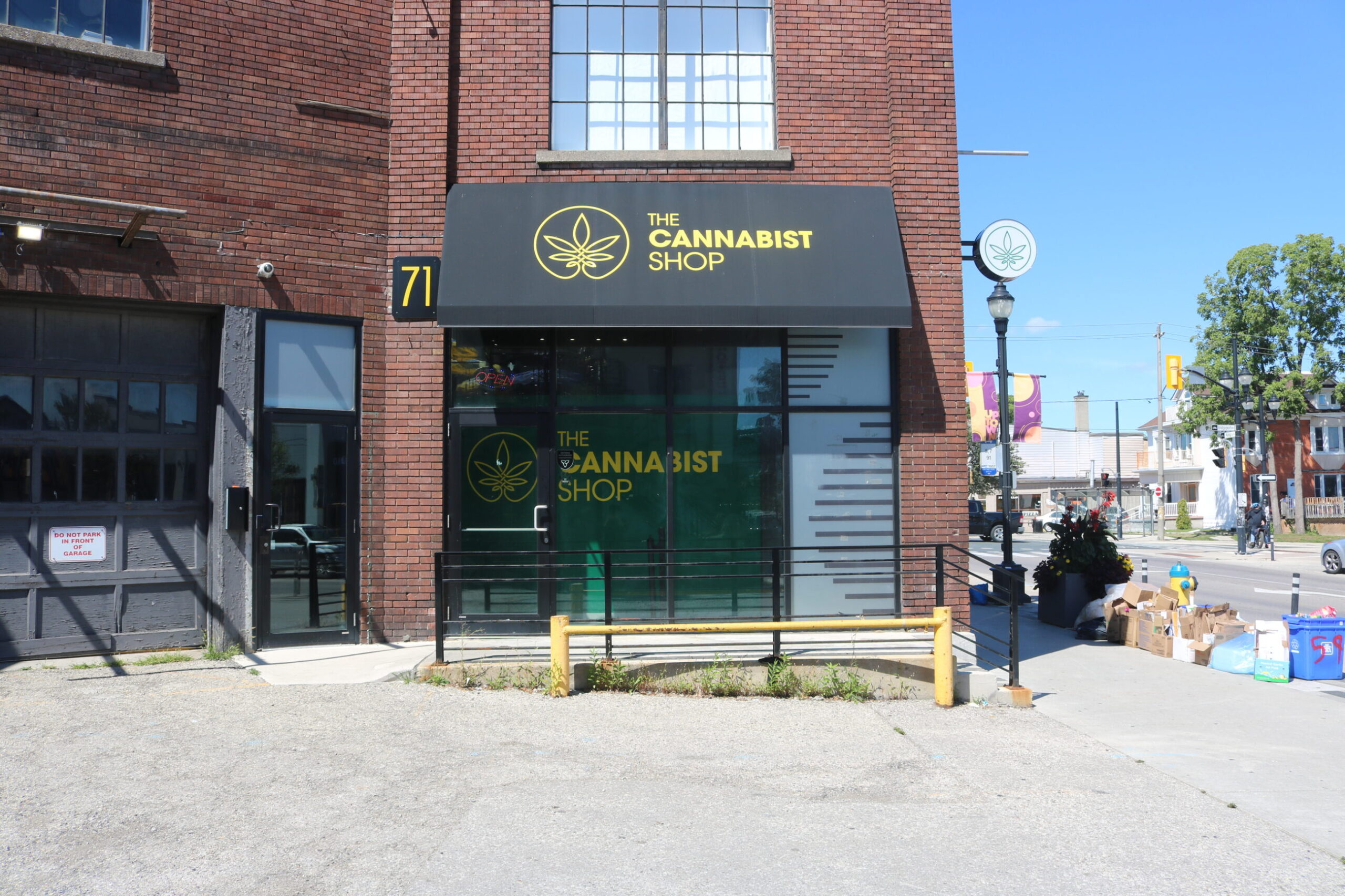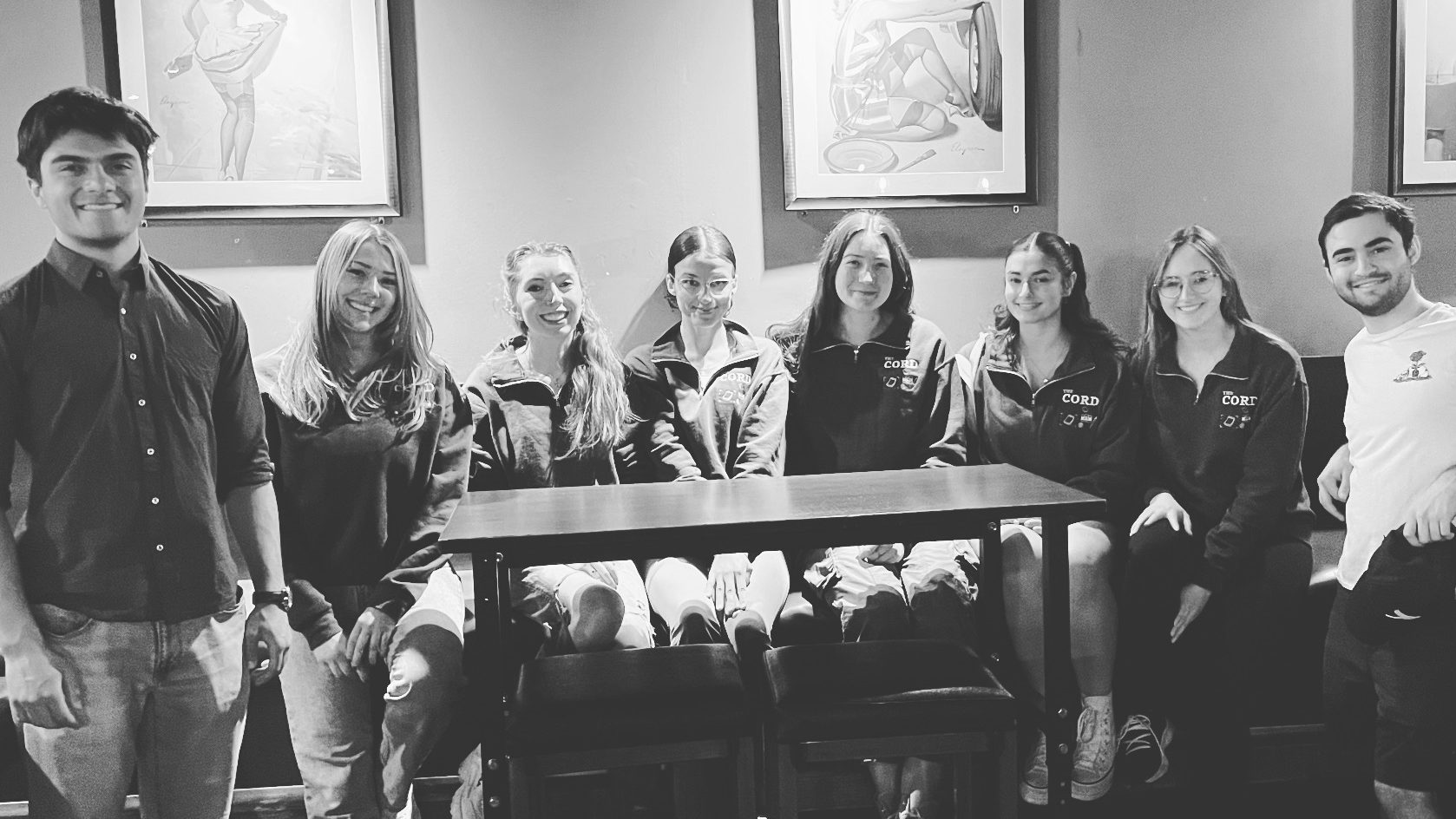On any given afternoon in Waterloo, the walkways and parking lots surrounding Laurier’s campus have become littered with the colorful and bulky bags, tubes and jars for cannabis packaging. On top of a growing recycling issue, this waste has become a real eyesore to pedestrians.
From bulky childproof jars to thick smell-proof bags, many feel that these carelessly tossed packages are also too intricate to be single use packaging.
Health Canada’s official packaging and labelling guidelines guarantees that all products are to be sold in child-resistant, smell-proof and tamper-evident containers, ensuring the products remain secure and discreet. However, what comes with these complex guidelines are containers where each individual one counts for so much more waste per discarded item. Coupling that with the fact that these containers also conceal a product that is super susceptible to having its consumers leave litter from its packaging on the streets — making for a blend that creates a municipal waste nightmare.
Difficulty tackling this street waste also is not unique to the Waterloo region, Canadian cannabis retailers have already cited the abundance of packaging to be a relevant issue in the industry across Ontario, and it’s no secret when walking around a university campus with dispensaries at every corner.
There is a solution is slowly being rolled out within the cannabis industry. It comes in the form of in-store collection programs.
StratCann, an independent cannabis industry news platform, wrote a piece in June regarding the growth of grassroot initiatives that get the ball rolling on recycling cannabis waste. Purple Hills, the company leading the charge in this recycling niche, launched an in-store container deposit bin where customers can come back to the store with their empty jars and bags to recycle them. This initiative aims to make sure the high-utility packaging needed for cannabis products makes its way into the recycling, keeping them away from pedestrians’ sight.
So far, these Purple Bins lead the way in waste collection despite not having any dedicated system in place to reuse the packaging aside from traditional recycling programs.
While this is undoubtably a step in the right direction, these bins only promote the idea that one should take the extra steps to recycling their cannabis waste and not simply throwing away your doob tube on the street after consuming your product. Without any sort of deposit return for the recycling you hand in, the incentive for returning your cannabis waste is purely out of morality – which doesn’t quite do the trick with consumers.
This is where the proposition of a deposit return system. Deposit return systems in other industries, like beer and soft drinks, have proven that even a small financial incentive can dramatically increase return rates, and the higher the return rate directly equates to less garbage we see on the road. To show this in another industry, the Canadian Beverage Association reported last year that the best way for the beverage industry to achieve a better recovery rate on their cans was through a deposit return system, showing that provinces like B.C. and Alberta with a deposit return system in place for non-alcoholic beverage saw an increase of over 25 per cent in can recovery rates. Shifting this model over to the Cannabis industry might also see a dramatic upswing in recycling efforts.
In terms of seeing action on the policy side of this issue, a system modelled after the Ontario Deposit Return Program (operated by The Beer Store) would seem most logical. It would likely be the AGCO (Ontario Cannabis Store and Alcohol and Gaming Commission of Ontario), who would oversee the adoption of this, and are a long way from setting up the needed framework for that to happen.
This fact didn’t stop one store owner at least. Last year, CBC news wrote a piece regarding a cannabis store owner in downtown Windsor, which described an in-location recycling program that returns five cents of in-store credit on each container a customer returns. This is something that could be easily adoptable by local Cannabis retailers in Waterloo, or anywhere for that matter. Although an in-store deposit return system was set up without external support to actually pay out the returns, the store would essentially be operating a program at a loss for doing a good deed for the community.
Ultimately this is a growing problem on the streets around Waterloo, and the question of where this is getting addressed from and when still needs to be answered. But perhaps the answer is found elsewhere in Ontario and adopted here, as the cannabis litter problem around Laurier’s campus isn’t a unique experience to Waterloo.






